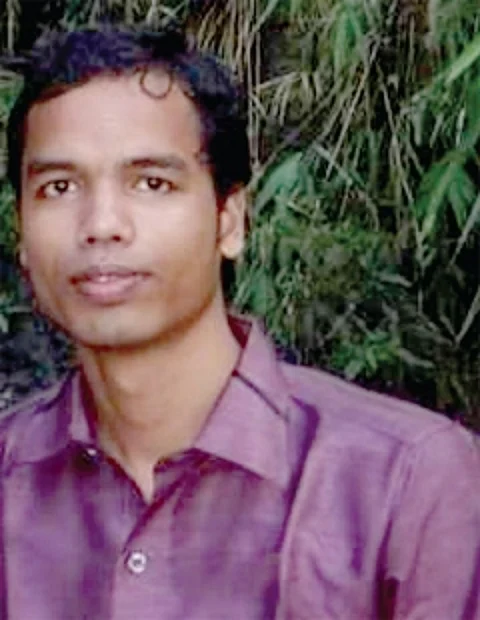

If liberalisation ushered in a new era for media with a plethora of privately run television media channels, news publications and radio networks, the digital boom has further changed the landscape dramatically with more than 560 million people in India using the internet. There are nearly 400 million WhatsApp users and approximately 200 million from India are on Facebook. With all of us vigorously consuming, posting and sharing digital content, the genesis of misinformation, fake news and instant gratification found relevance. No wonder then, that political parties use this tool so effectively these days to push propaganda and plant stories. Never has there been a more fertile ground for the planting of spurious stories that rapidly grow to fast growing creepers, choking us of all critical thought.
Addressing this very issue at a special
discourse organised by Thus - a local community driven initiative that
encourages discussion on socio environment issues, Bharat Nayak - Founding
Editor of The Logical Indian spoke about the importance of fact checking and
the emergence of snazzy fact checking outfits - a vocation that comes with
immense responsibilities and equivalent threats. Giving the audience many
instances and examples of contorted news, Bharat incredulously also pointed
that in the rush to pursue and publish ‘breaking news’, even respected media
names like The Print, Hindu and BBC have cowered to reporting fake news. “There
are many instances to prove this point,” says Bharat and adds, “Even in the
case of international pop singer Rihana who had tweeted in support of the
farmers’ protest in India, there was an article that appeared in OpIndia
claiming that Poetic Justice Foundation (PJF), a Canada based organisation was
behind the conspiracy and that Rihana was paid $2.5 billion for her tweet in
favour of the farmers. This soon went viral without any factual checks or
evidence and was even carried in The Print.”
“Information overload is crippling us and has reduced our
capacity for critical thinking.” Pointing out to the communal tone and
sensationalism that is rampantly observed in news reporting these days, Bharat
also made an example of the reporting of the Elphinstone Road railway station
stampede that occured in Mumbai in 2017. “It was reported that a dying woman
was molested by a bystander which was later proved wrong as the police
confirmed that the man was trying to help the lady instead.” Fake news and
ignorance found a special spot during the pandemic with news about vaccines
leading to impotency in men making many people vaccine hesitant.
So how do we equip ourselves for a better discernment of what is
dished out to us as news. Says Bharat, “Firstly, always verify the source. Any
reporting on crime that does not mention a quote from the Police, should make
you suspicious. Secondly, check your own prejudices. We often like to believe
what we want to believe. Thirdly, check your facts on various fact checking
platforms like The Logical Indian, Alt News and Google Fact Check tools and
most importantly, do not forward dubious news stories. If you do, you only
strengthen the algorithms that make that news go viral.”
While he admits that the fact checking community is nascent with
most platforms being prevalent only for the last five years, Bharat believes
that a more widespread awareness of this issue is imperative. “We need a media
literacy curriculum in schools. Children need to understand the impact of false
news and narratives. Kerala has begun this initiative in 150 government schools
in Kannur district but we need a larger traction for it to have an effect.”
With
WhatsApp proving to be the mass ‘mis-information’ platform, fact checking for a
population of 1.3 million is an onerous task with the vast majority happy to
blindly believe what is reported. Bharat sounds the warning bugle by saying,
“The worst is yet to come. With Artificial Intelligence and robots in the fray,
we don’t know what more is in store.”